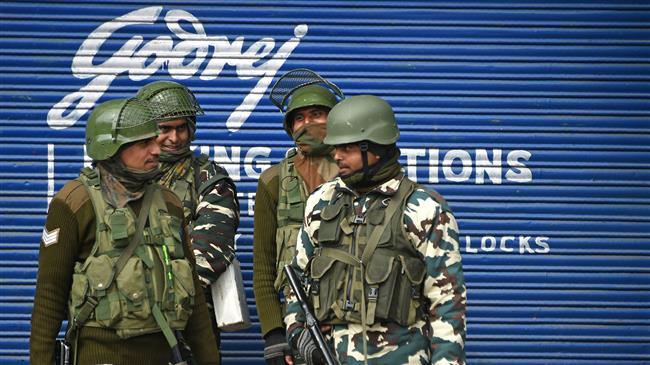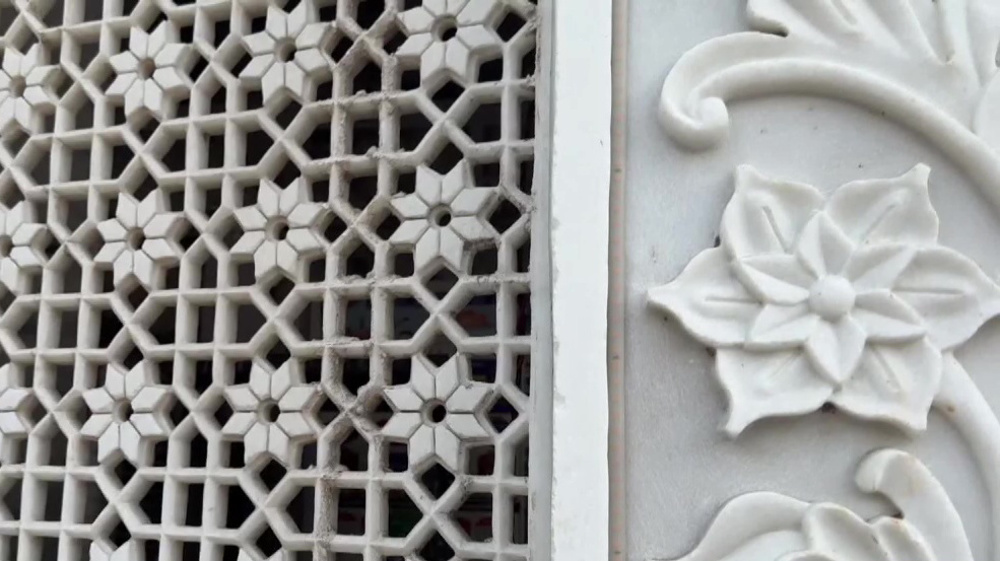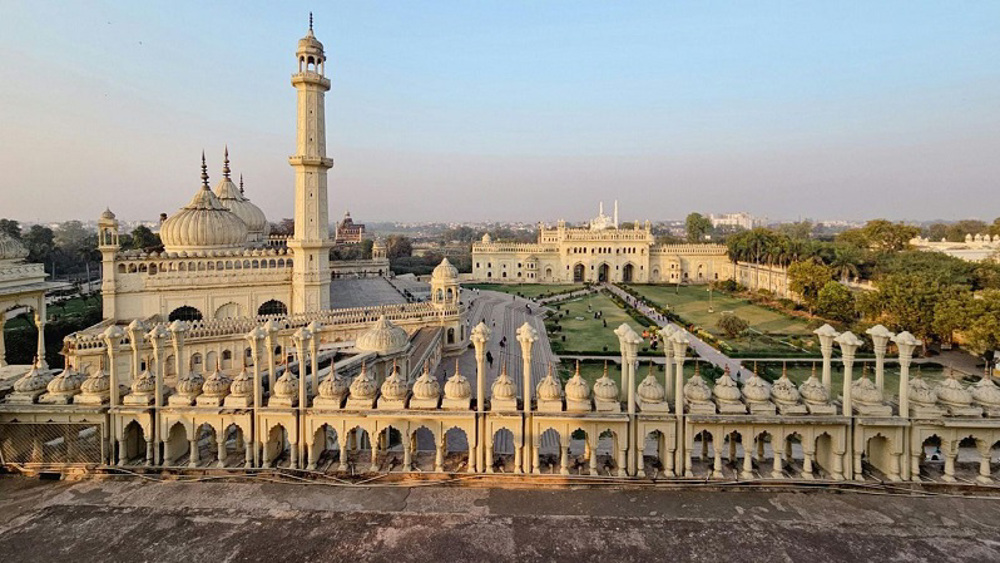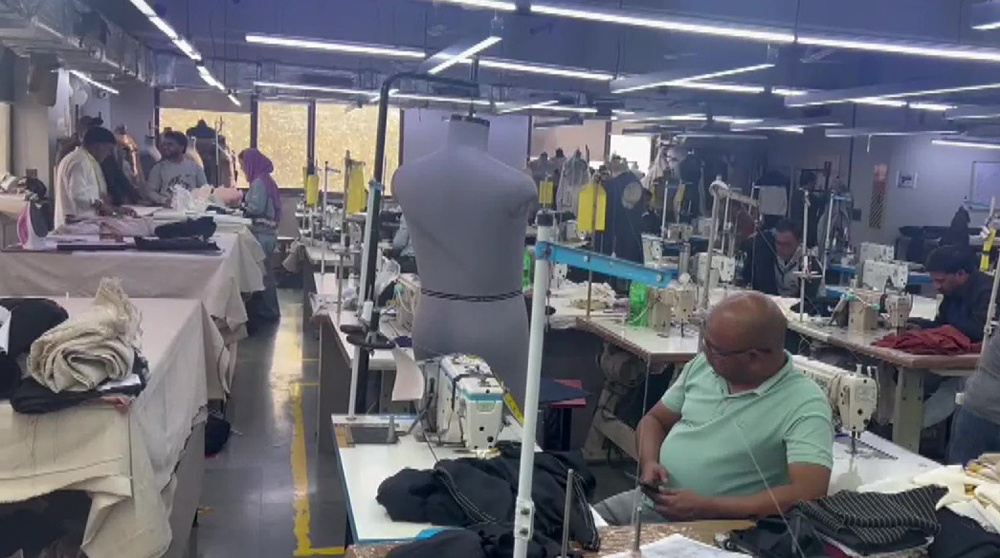India extends detention of two separatist leaders amid tensions in Kashmir
Indian authorities have extended the detention of two separatist leaders arrested days after a car bomb killed dozens of paramilitary troops in the disputed Kashmir.
Yasin Malik, the chairman of the Jammu and Kashmir Liberation Front (JKLF), and Zahid Ali, a spokesman for the recently-banned Jamaat-e-Islami party, were being moved to a jail in Jammu, police said.
They were arraigned under a controversial law that allows for suspects to be held for up to two years without charge. The order is part of a crackdown on militancy and secessionist campaigns in Kashmir.
A senior Indian government official said more than two dozen other separatist leaders, most of them affiliated with Jamaat-e-Islami, could be detained in coming days.
At least 300 separatists, most of them from Jamaat-e-Islami, have been arrested in the past three weeks.
Reacting to Malik's detention, a JKLF spokesman denounced the "arbitrary arrest", calling it a "glaring display of frustration" of Indian authorities.
Malik's supporters called for a shutdown in parts of Kashmir's main city of Srinagar to protest against his detention.
The JKLF chairman renounced violence and declared a ceasefire in 1994, but he has been imprisoned multiple times since then.

Mirwaiz Umar Farooq, chairman of All Parties Hurriyat Conference, denounced "illegal and undemocratic tactics" used by Indian authorities. He and other separatist leaders have called for a strike in Kashmir on Friday.
In a separate development on Thursday, a grenade explosion at a bus station in Jammu -- the Hindu-majority region of Kashmir -- killed one person and wounded nearly 30 others.
Police suggested that the blast could have been aimed at fomenting tensions among different communities in the city.

The developments come amid rising tensions between India and Pakistan after 40 Indian troops were killed in a suicide bombing in Kashmir on February 14.
The attack was claimed by Jaish-e-Mohammed (JeM), a militant group based in Pakistan. India has long accused Pakistan of supporting the insurgents, a charge Islamabad denies.
The bombing sparked tensions between the two nuclear-armed neighbors, leading to tit-for-tat cross-border raids.
The tensions reached a peak on February 26, when India said it had conducted “pre-emptive” airstrikes against what it described as a militant training camp in Pakistan’s Balakot.
Islamabad confirmed the attack and condemned the violation of its airspace but denied that the purported target had been hit.
Days later, the Pakistani military captured an Indian pilot after shooting down his MiG-21 fighter jet, which Islamabad said had violated Pakistani airspace.
The flare-up appeared to be easing after Pakistan handed back Wing Commander Abhinandan Varthaman in a goodwill gesture toward India but the tensions have dragged on.
Indian troops are in constant clashes with armed groups seeking Kashmir’s independence or its merger with Pakistan.
India regularly accuses Pakistan of arming and training militants and allowing them across the restive frontier in an attempt to launch attacks. Pakistan strongly denies the allegation.
Kashmir has been split between India and Pakistan since partition in 1947. Both countries claim all of Kashmir and have fought three wars over the territory.
VIDEO | The Venezuela Operation
Cuba condemns 'hostile' US rhetoric, pledges to defend sovereignty
Key Mossad operative executed over transfer of sensitive Iran info
Israeli presence a ‘legitimate target’ as minister visits Somaliland: Yemen
VIDEO | Assassination of two key figures in fight against US-backed Daesh
VIDEO | Press TV's news headlines
VIDEO | Gaza hospitals without life-saving devices amid Israeli restrictions
VIDEO | Austrian FM says ‘EU too weak to uphold international law’











 This makes it easy to access the Press TV website
This makes it easy to access the Press TV website